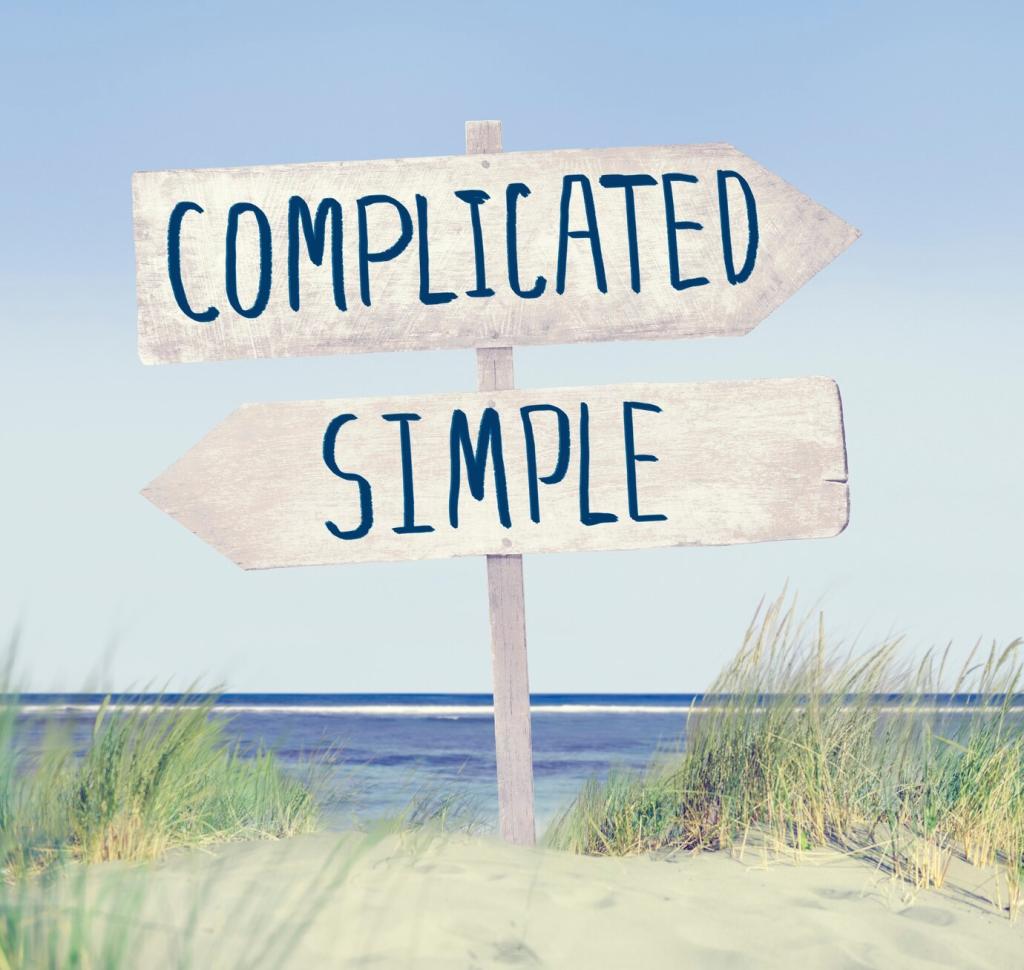Fiduciary Duty: Putting Clients First
Go beyond checkboxes. Align risk, horizon, liquidity, taxes, and personal values with recommendations. Revisit assumptions after life events. Document why the chosen path best serves the client compared with viable alternatives.
Fiduciary Duty: Putting Clients First
Prefer simpler, lower-cost solutions when they deliver equivalent outcomes. If complexity is necessary, explain why. Show total cost of ownership and historical behavior under stress, not just average performance.
Fiduciary Duty: Putting Clients First
During turmoil, clients need calm, context, and clarity. Translate uncertainty into scenarios, probabilities, and action steps. Call proactively, not reactively. Ethical duty means reducing anxiety with facts, empathy, and disciplined process.







